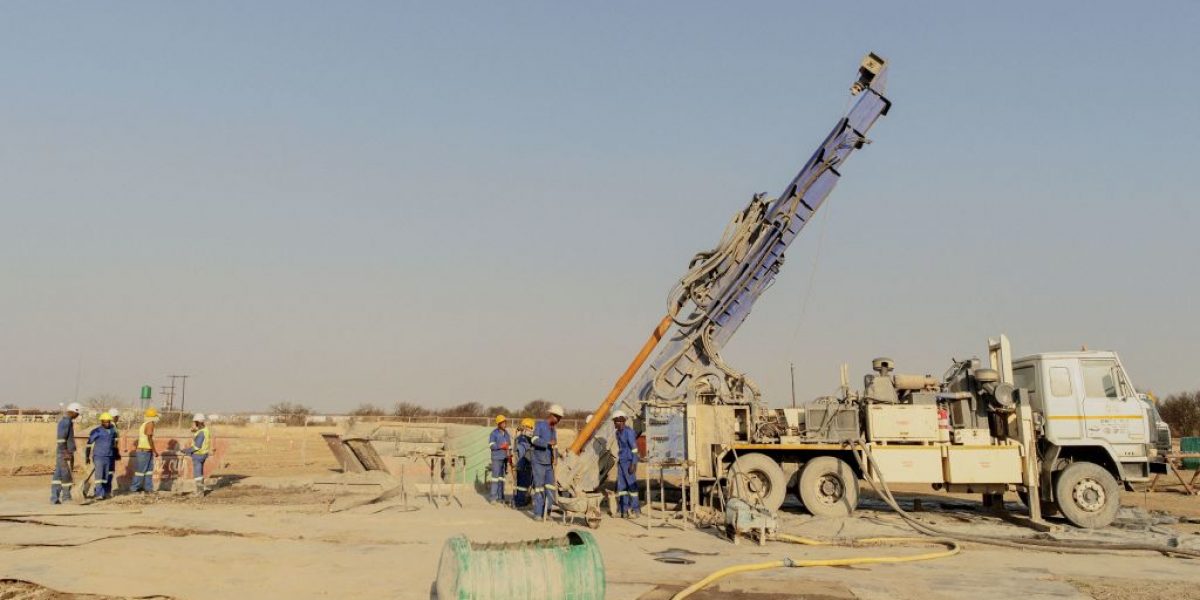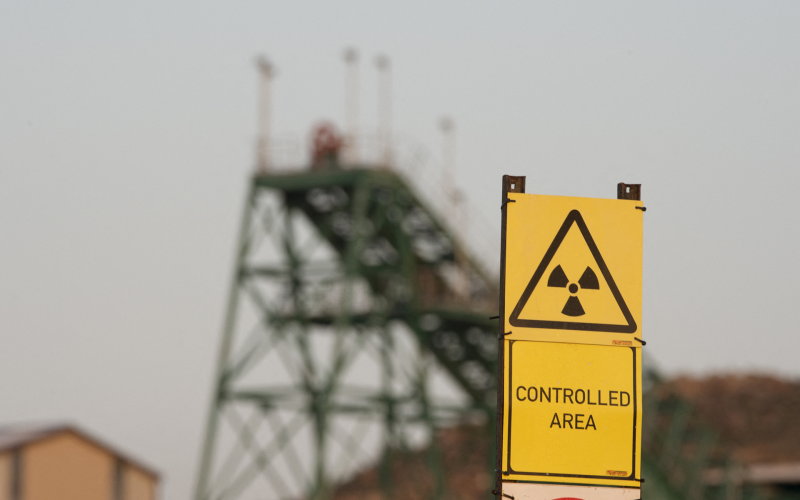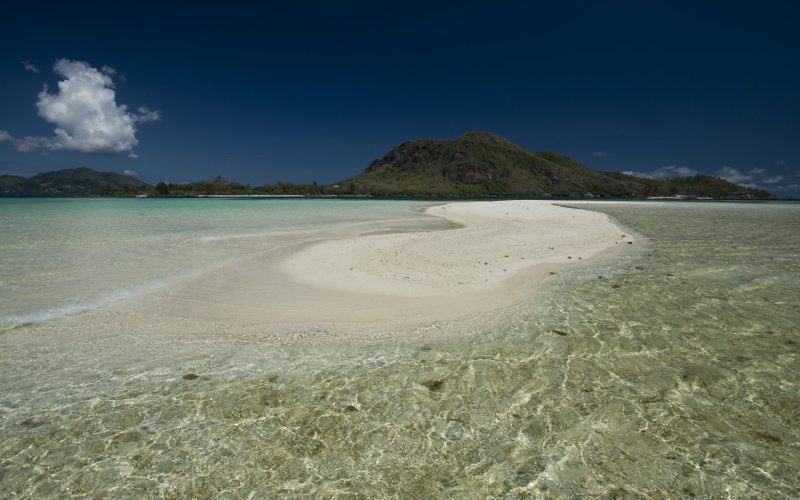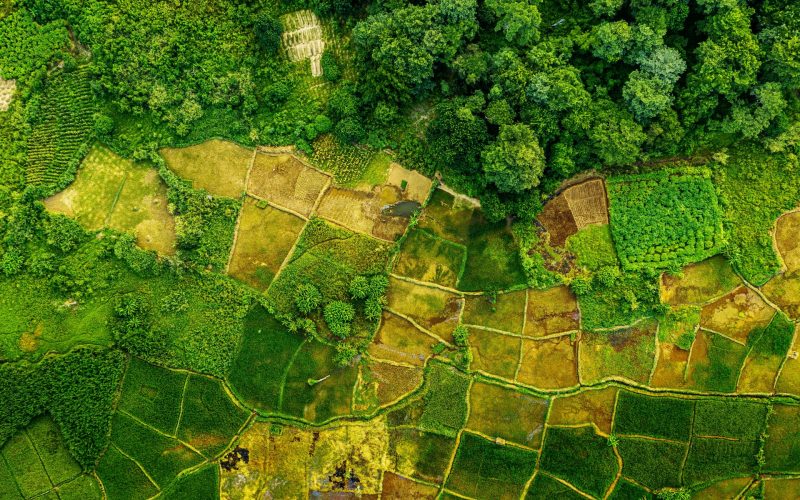Abstract
The push for a global energy transition to arrest climate change has intensified since the 2015 Paris Agreement. However, many countries continue to argue for the continued development of fossil fuel resources to give them more time to navigate a just transition. Recent geopolitical and energy market developments have added further complexity to the just energy transition debate. Africa is rich in energy resources, including fossil fuels, but has the lowest energy access when compared globally. Many African countries consider their natural gas resources a means to promote energy access and development, while also serving as a source of investment and revenue. This Policy Brief examines the challenges that natural gas poses for African countries and their G20 partners in global, regional, and national development and for a just energy transition.








